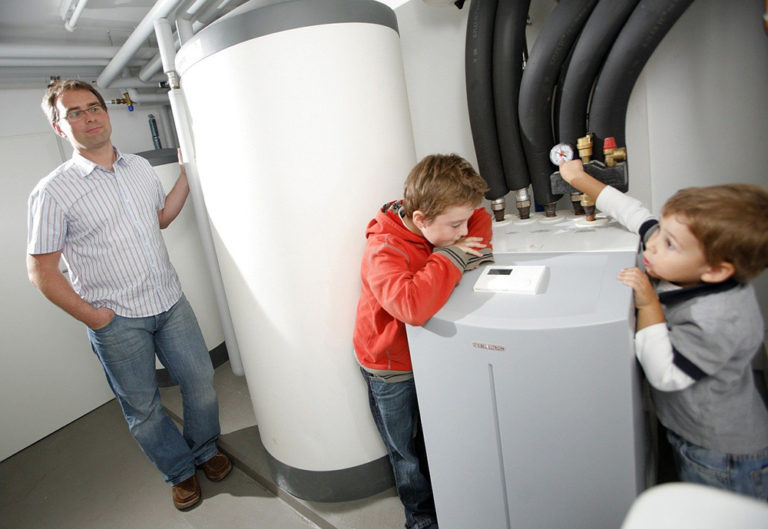Heat pumps (HP) are devices that efficiently heat a home using calories found in the earth, air or water. The operating principle is quite simple and can save up to 75% on heating bills. There are many models of heat pumps on the market. For this reason, many people do not know how to make the right choice. Find out in this article how to choose the right heat pump that perfectly meets these needs.

What is a heat pump?
A heat pump is a heating system capable of capturing heat from the outside environment (earth, water, air) to transfer it inside a home. It is a thermodynamic device that consists of sucking heat from a cold source to return it to a hot source. The heat pump is a very efficient device for heating. There are different models of pumps on the market. The operating principle remains the same, but the functions differ. Heat pump installations help reduce greenhouse gas emissions.
What types of heat pumps are available?
There are essentially 3 main families of heat pumps: aerothermal heat pumps, geothermal heat pumps, and hydrothermal heat pumps.
Air-source heat pumps: air/air heat pumps and air/water heat pumps
This type of pump is the most widespread on the market. When the pump has an air/water system, this means that it works using water radiators. The air/air model transfers heat or coolness (reversible air conditioning) inside the house. Aerothermal heat pumps can be installed indoors or outdoors depending on the model. They are particularly intended for areas with a mild climate.
Geothermal heat pumps: ground/water heat pumps and ground/ground heat pumps
This pump is capable of extracting heat from the earth in 2 different ways, either by horizontal sensors or by vertical sensors. Their installation requires a large plot of land, especially for the installation of horizontal sensors. It should be noted that the geothermal pump system is essentially conditioned by the constitution of your soil.
Hydrothermal heat pumps: water/water heat pumps
The water/water heat pump is the ideal solution if you have land with sufficient water resources. The water/water pump system is very efficient. However, it is only compatible with low-temperature radiators or heated floors.
What power for the heat pump?
The power of a heat pump is determined by its sizing. It should be remembered that the correct sizing of the heat pump directly influences its performance and its lifespan. An oversizing would cause an increase in purchasing costs because the price of a pump is proportional to its power. Also, keep in mind that a high power implies a higher energy consumption and a faster deterioration of the system. In addition, an undersized will not be able to meet all the heating needs.
In short, heat pumps are very useful for heating and comfort in homes. Choosing a heat pump that perfectly suits your needs and requirements will allow you to benefit from its advantages.


















